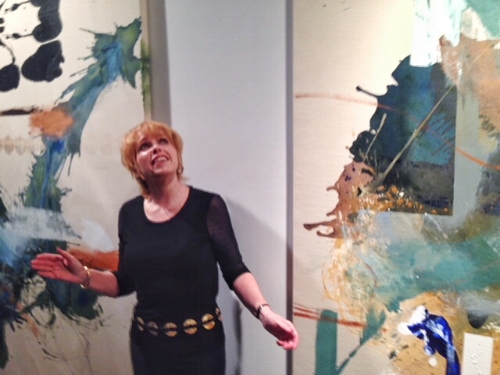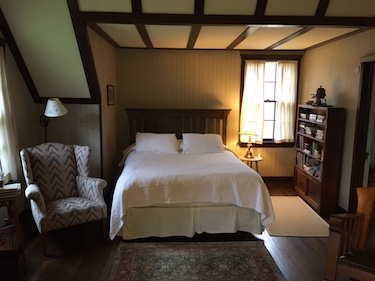Rita's POV on Art vs Artist: Should We Judge a Person's Work Through the Lens of Their Character Flaws and Bad Behavior?
/Many of you have asked my “stand” on this fraught issue. So here I am weighing in and wanting, really wanting, to purely say that the Art should be above the behavior of the Artist. But is that an absolute? I find censorship anathema and have always felt that people who reject the pleasure of Wagner’s music (or Cate Blanchett’s sublime performance in Blue Jasmine — it's worth it, Frank) are being way too rigid in a world that requires more flexibility. But then, does that very flexibility give permission beyond what our viewing or listening, or overall enjoying of the art, intends? Are we, God forbid, enabling?
I don’t believe this going backwards in history. We don’t have the ability, as Jim indicates, to résumé check those from the past against the norms of the present. While not necessarily “excusing” past behavior, there’s no question that some things considered beyond the pale today had a different moral ranking in the past, and it’s asking a great deal for otherwise notable people to have had the insight and courage to have behaved above their era. History is something to learn from and build upon. To reject it is like ISIS blowing up the incredible monuments of their own heritage for a short-lived (hopefully) religiously un-PC moment.
The current case under the biggest microscope appears to be the nine lives of Woody Allen, who may be finally facing his moral comeuppance. Is it a cop out for me to say that he’s never been a fav (not being from NYC, Jewish or in therapy, his humor often escapes me), so it’s easy to turn against him? I think so. Though I shudder at the prospect of re-watching Manhattan, which, though it had a subplot creepy even at the time, I remember thinking was one of his best. It’s a puzzle, but I can I really choose with a clear conscience?
I also must say I have a tremendous sympathy for collateral damage. As soon as Kevin Spacey was booted from House of Cards, I immediately thought of Robin Wright, poised at last for her character’s blow-out year (and I’m thrilled that she’s going to get it.) And, I really feel for Allen’s actors, out of which he’s brought remarkable performances, seeing them struggle to make amends within the shifting sands of acceptability.
So if I hate censorship and equally abhor harassment where am I? In the end I’m with Jim, and Sandy, with an extra “layer,” I’d say. I’d love the Venus de Milo if it were sculpted by Vlad the Impaler. But today, for the first time, I’d be curious about the model and if she posed willingly. I won’t give up the pleasure of Shakespeare in Love because it was produced by a pig. But on next viewing, I hope I won’t wonder at what point in production Harvey Weinstein tried to assault Gwyneth Paltrow. Will this backstage knowledge ruin my appreciation moving forward? I really hope not.
That said, in this seminal #MeToo moment we know there will be casualties and we’ll go too far (Franken?) before we swing back, so we need to agree on fundamentals, yet make sure we don’t end up with some sort of litmus test a genius needs to pass to be appreciated.
So, I guess I say, let’s not throw the art out with the bathwater of what’s been done to date. As Jim says, we don’t know enough of the backstory to be fair. Let’s continue to enjoy, laugh, listen and view. Let’s let all of it enrich our lives. Moving forward, let’s use this moment to “upgrade” the broad-strokes of what we consider acceptable behavior for humans so that producer, process and product are equally admirable. Brilliant ideas are vital. Art is joy. May we never cut them out of our lives.
And now, this very prickly ball is back in your court. What do you think?











